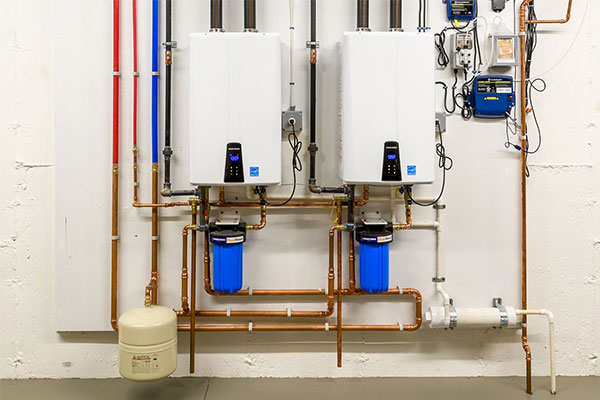When exporting solar water heaters to the United States, it is indeed necessary to pay attention to the trade barriers that may be faced, such as anti-dumping duties. Solar water heaters in stainless steel 304 materials can be considered high-risk products due to their materials and manufacture, especially if the United States considers that export prices of these products are below their normal market value and may impose a 25% anti-dumping duty.

Confirmed Customs Code
For the export of solar water heaters, the correct customs code (HS Code) must first be determined. Customs code is a standardized code system for the classification of goods in international trade, different products have different codes, tax rates and rules will vary accordingly. You need to confirm the specific customs code for solar water heaters through detailed product descriptions. This step is crucial to ensure trade compliance, calculate tariffs and identify possible trade barriers.
Transfers from third countries
The way to avoid anti-dumping taxes through a third-country transfer is a complex operation involving not only changes in the trade process, but also compliance considerations. Through a third-country transfer means that goods are first exported to a third-country transfer country (such as Malaysia) and then exported from the country to the final destination of the United States. In some cases, this practice may help to avoid high anti-dumping taxes, but there are also certain risks and challenges:
Compliance of Risk:The U.S. Customs and Border Protection Agency (CBP) is cautious when avoiding tariffs through a third-country transfer gate. Additional investigations and penalties may be imposed if a transfer is found to be for the purpose of avoiding anti-dumping taxes.
Cost and Complexity:Transfers through third countries may increase transportation and operating costs, while increasing the complexity of trade processes, including the need to obtain certificates of origin (CO) and other relevant documents in the transit country.
(3) Risk of market reputation:Long-term trading strategies that avoid taxes can have a negative impact on the brand and market reputation of the company.
Conclusions and recommendations
When considering exporting solar water heaters to the United States, a comprehensive assessment of the potential impact of anti-dumping duties, compliance risks and the feasibility and cost of transferring through a third-country gateway is required.
Through professional international trade advisors, detailed understanding and assessment of the specific provisions and effects of the anti-dumping duty.
Confirm the exact customs code of the product and understand the relevant tax rates and rules.
When considering third-country transfers, it is necessary to assess the relevant compliance risks and costs to ensure that all operations comply with the rules and requirements of international trade.
Final decisions should be based on a comprehensive risk assessment and cost-benefit analysis to ensure the legality and cost-effectiveness of trade operations.


 Follow customer service WeChat
Follow customer service WeChat